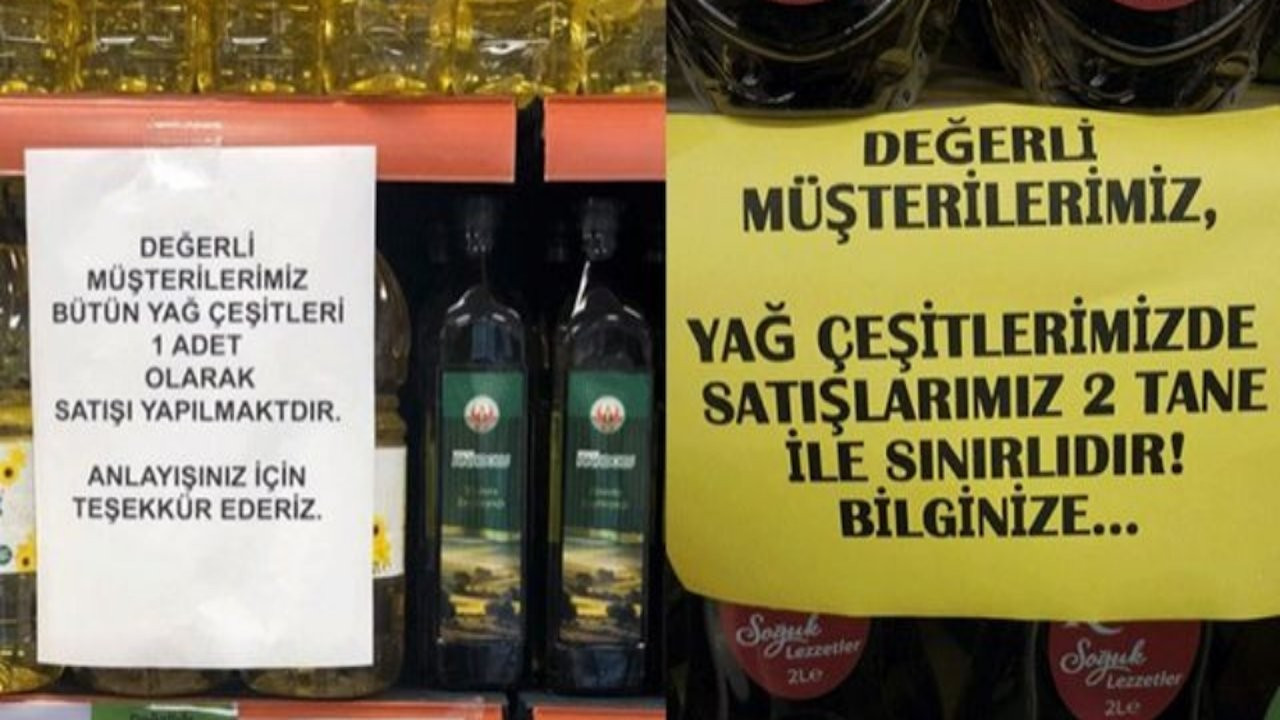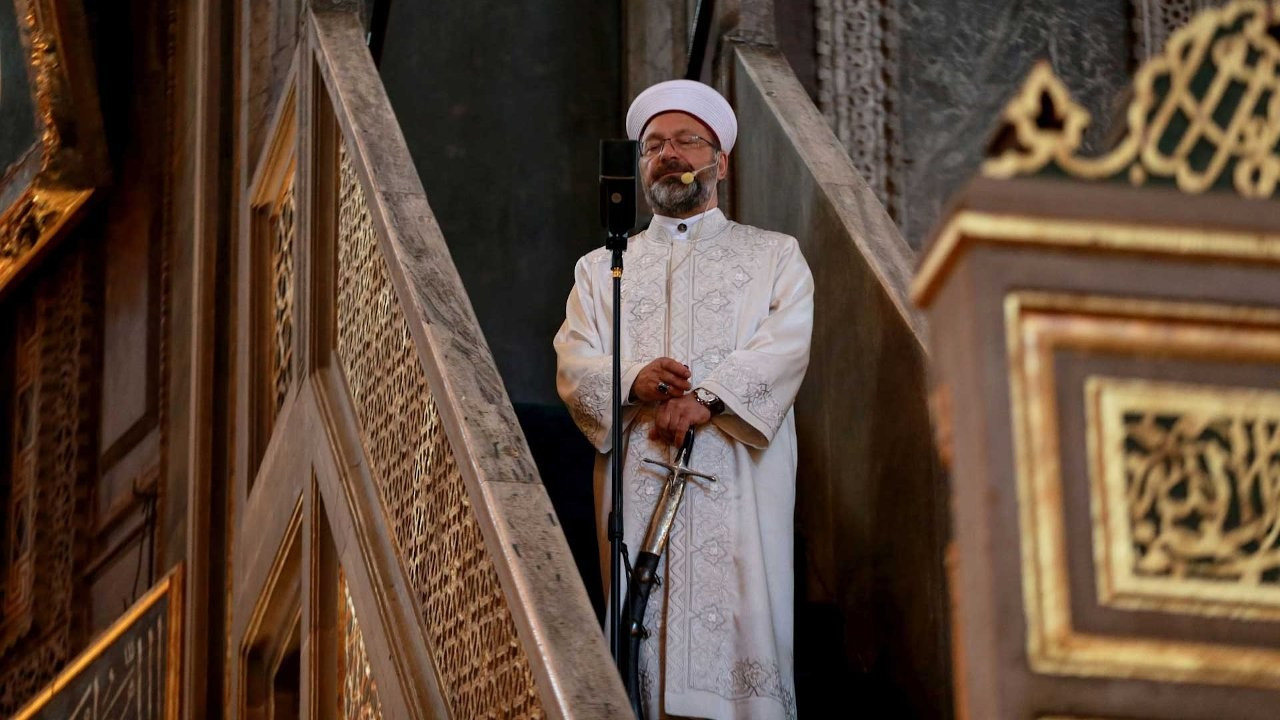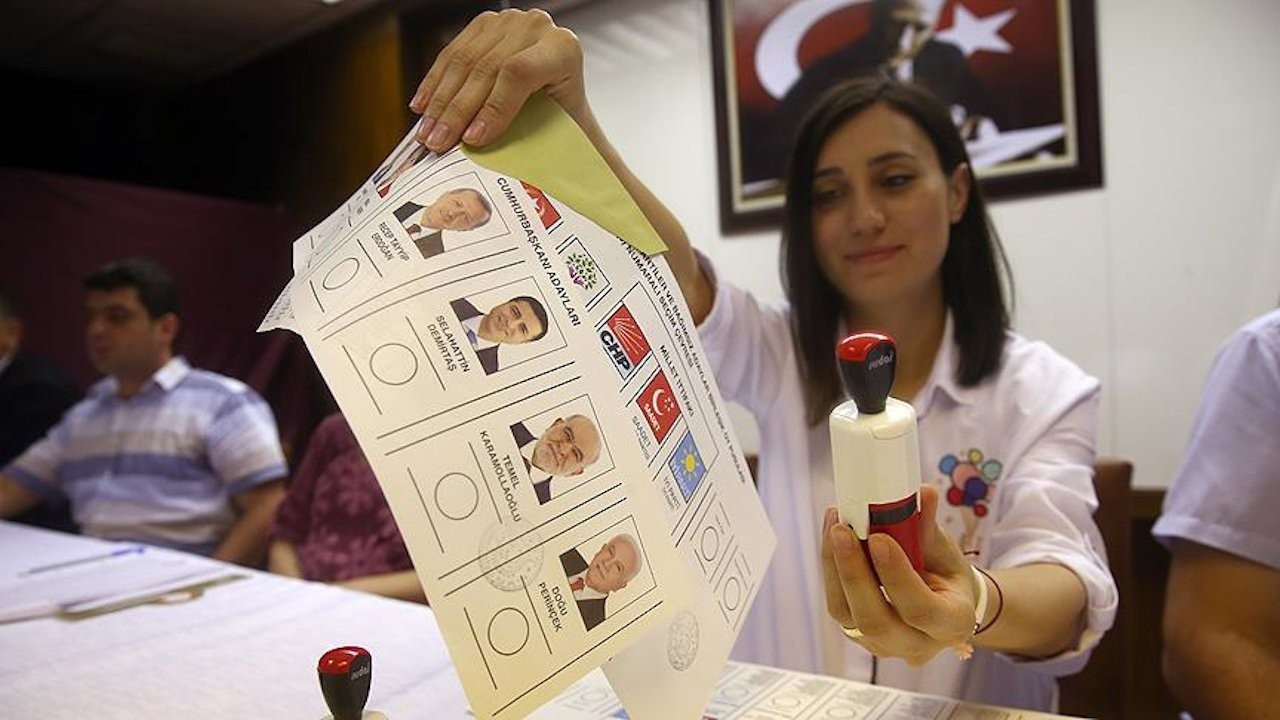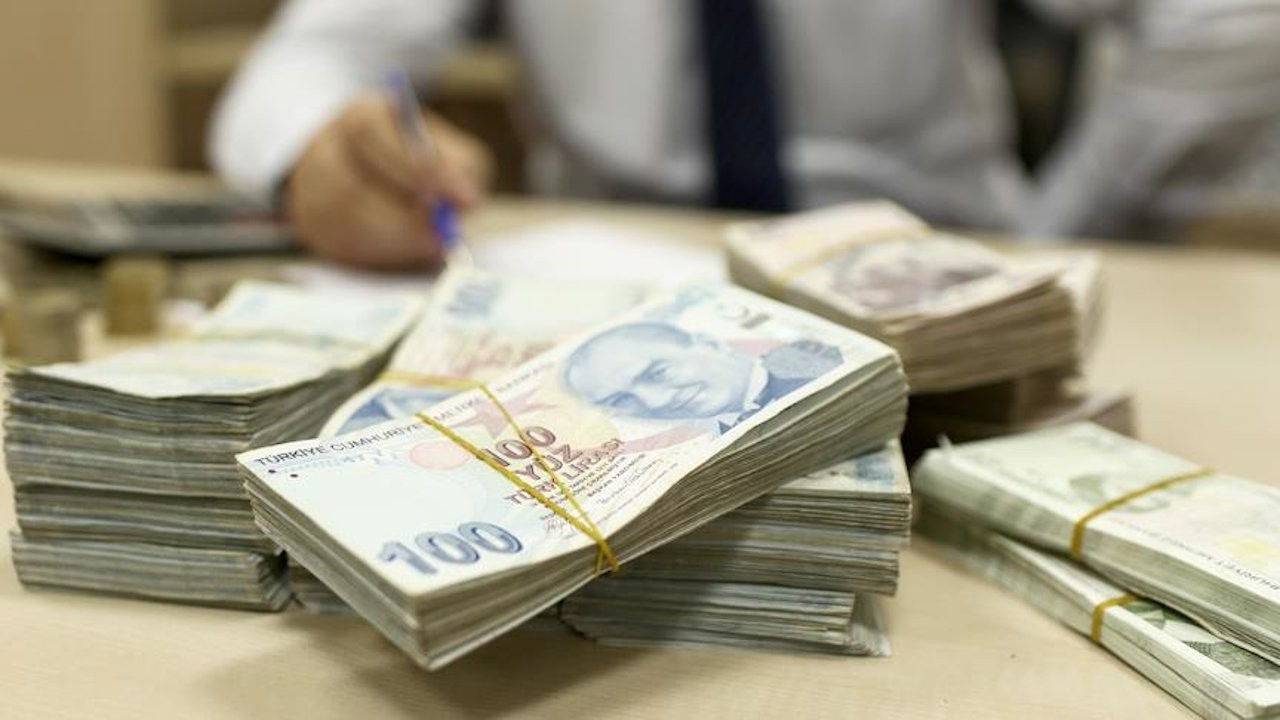Turkey forges on with 100-point rate cut despite lira meltdown
Turkey's central bank slashed its policy rate by 100 basis points to 15% on Nov. 18 and hinted at more easing despite inflation running near 20%, accelerating a spiral to all-time lows in the lira currency.
Duvar English - Reuters
Turkey's central bank slashed its policy rate by 100 basis points to 15% on Nov. 18 and hinted at more easing despite inflation running near 20%, accelerating a spiral to all-time lows in the lira currency.
The bank, seen as bowing to President Recep Tayyip Erdoğan's calls for stimulus, said much of the price pressure was temporary and would persist through mid-2022, leaving it some room for another possible rate cut next month.
The move extends an easing cycle that shocked markets when it began in September. Analysts say it is reckless given the lira meltdown and inflation rise, and reflects Erdoğan's heavy hand on a central bank he has rapidly reshaped this year.
The lira tumbled in response to 11 versus the dollar. It was worth 10.82 at 1201 GMT - an extraordinary depreciation from the year's high water mark of 6.9 in March.
"Literally insane move which puts the lira in real jeopardy," Tim Ash of BlueBay Asset Management said of the rate cut on Twitter.
The cut in the central bank's one-week repo interest rate to 15% from 16% was expected, according to a Reuters poll last week, though some analysts thought the 9% lira selloff this week would stay its hand. It slashed rates by 200 points last month.
The monetary easing leaves Turkey's real yields sharply negative and runs against the grain of a world in which central banks are raising rates to head off global price rises.
The central bank's policy committee said "transitory effects of supply-side factors and other factors beyond monetary policy's control" will keep pressure on inflation through the first half of next year.
"The Committee will consider completing the use of the limited room implied by these factors in December," when it holds its last policy meeting of the year, it added.
'Another record low seems inevitable'
The central bank's credibility has been battered given Erdoğan's frequent criticism of interest rates and his ousting of three bank governors in the last 2-1/2 years.
Erdoğan pledged on Nov. 17 to continue battling interest rates "to the end" and called for businesses to invest and hire, accelerating the currency selloff that has had echoes of a full-blown crisis in 2018.
The depreciation and soaring living costs have eaten into Turks' earnings and hit Erdoğan's opinion polls ahead of elections no later than mid-2023. Opposition leaders called for early elections on Nov. 17.
The 32% lira depreciation so far this year raises prices via imports, further stoking inflation that has steadily climbed to 19.89% last month, the highest in nearly three years and four times the central bank's official target.
Last month the bank began emphasizing the need to address current account deficits. It has recently focused more on the core "C" inflation measure, which strips out energy, food and some other goods, and which eased to 16.82% in October.
Most of the lira drop this year has come since September when a more dovish policy stance was adopted. It is by far the worst performer in emerging markets this year.
"Another record low seems inevitable" for the lira, said Piotr Matys, senior FX analyst at In Touch Capital Markets.
"You'd have to essentially ask President Erdoğan how far he expects the central bank to cut interest rates."

 Due to shortage, some markets in Turkey impose quotas on sugar, oil salesEconomy
Due to shortage, some markets in Turkey impose quotas on sugar, oil salesEconomy As Turkey grows poorer, top religious authority spends with abandonEconomy
As Turkey grows poorer, top religious authority spends with abandonEconomy Turkish gov't dismisses opposition leaders' call for urgent early elections amid economic crisisPolitics
Turkish gov't dismisses opposition leaders' call for urgent early elections amid economic crisisPolitics Erdoğan signals further interest rate cut ahead of cenbank meeting, lira at record lowEconomy
Erdoğan signals further interest rate cut ahead of cenbank meeting, lira at record lowEconomy